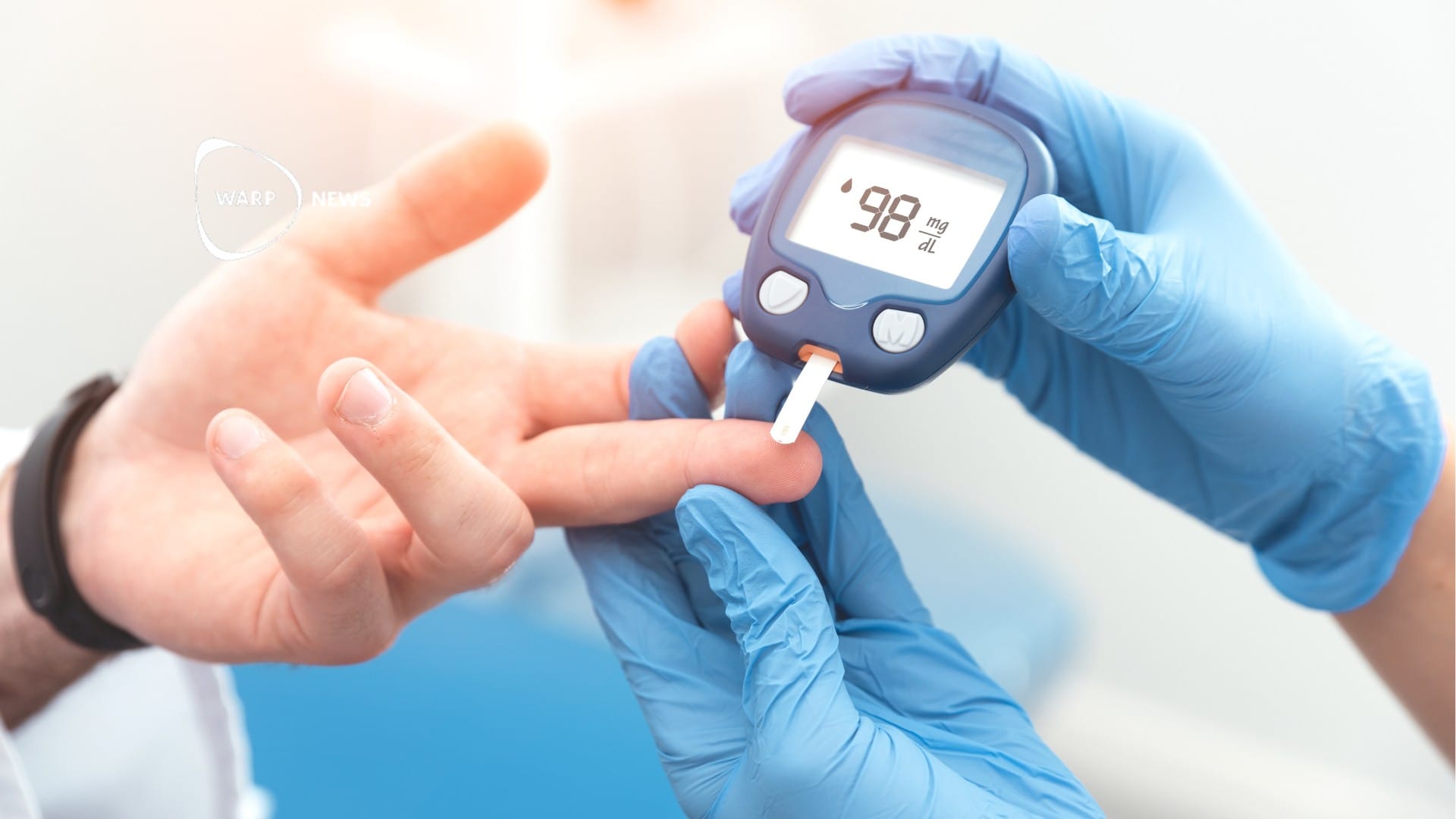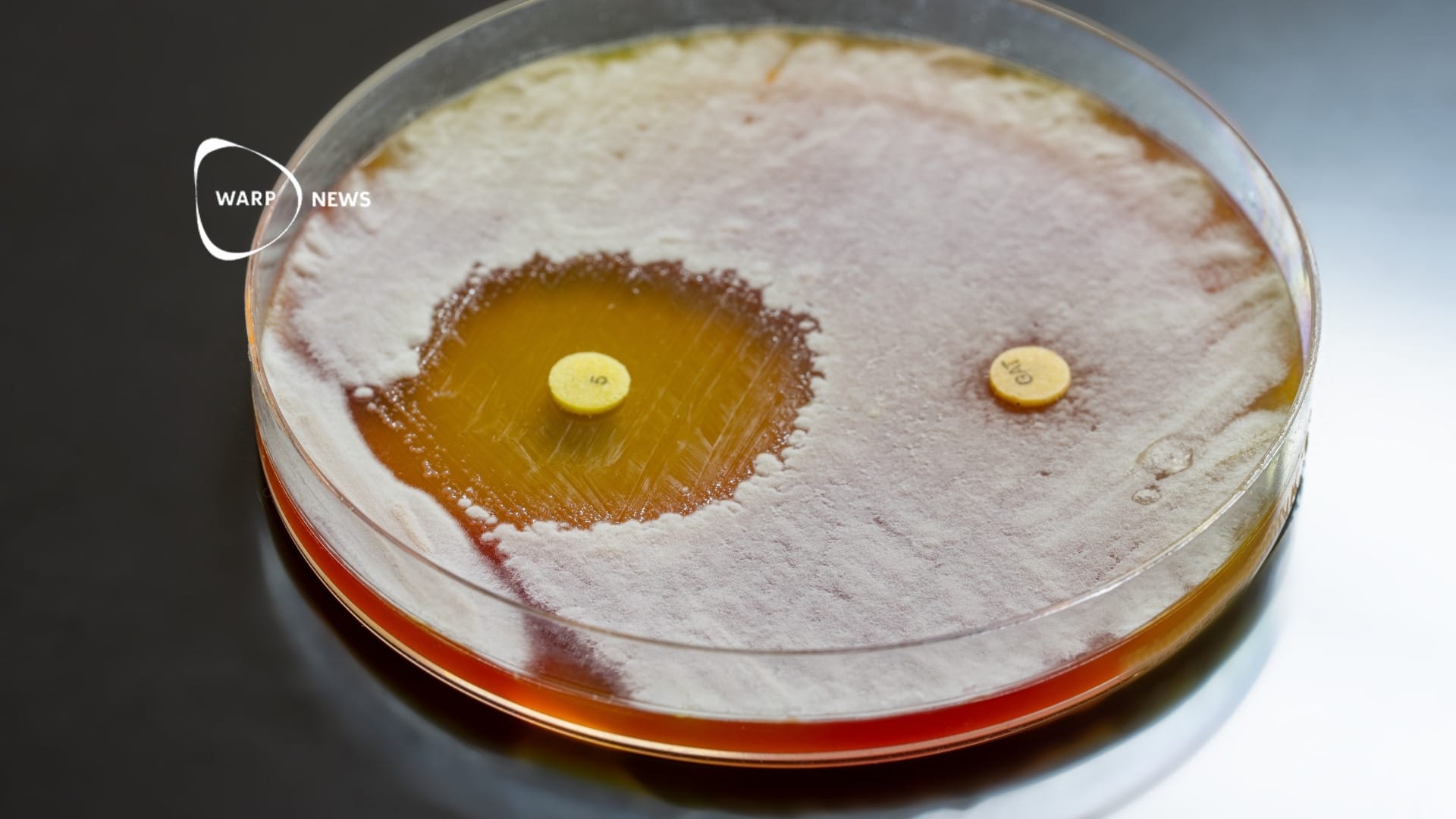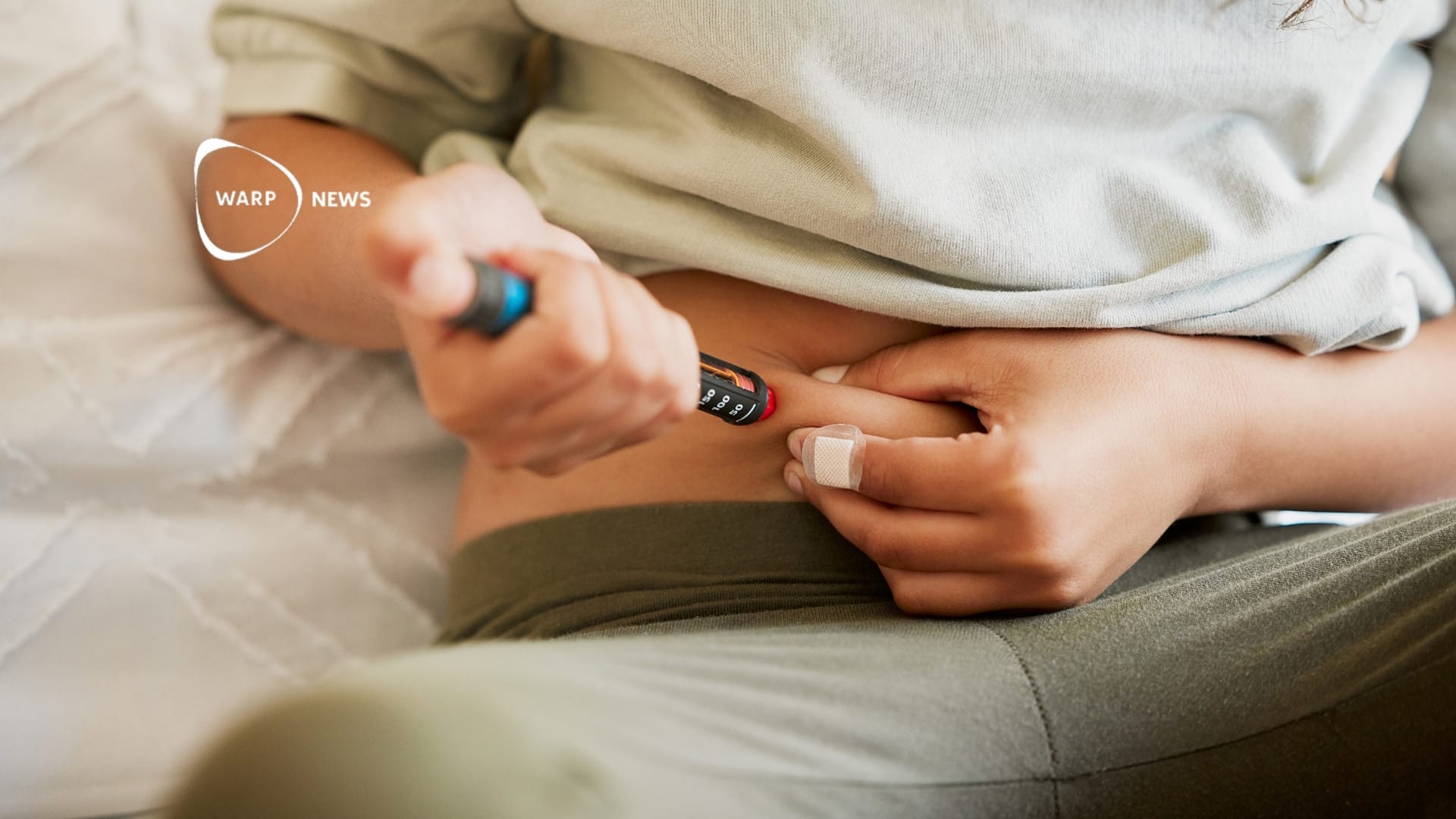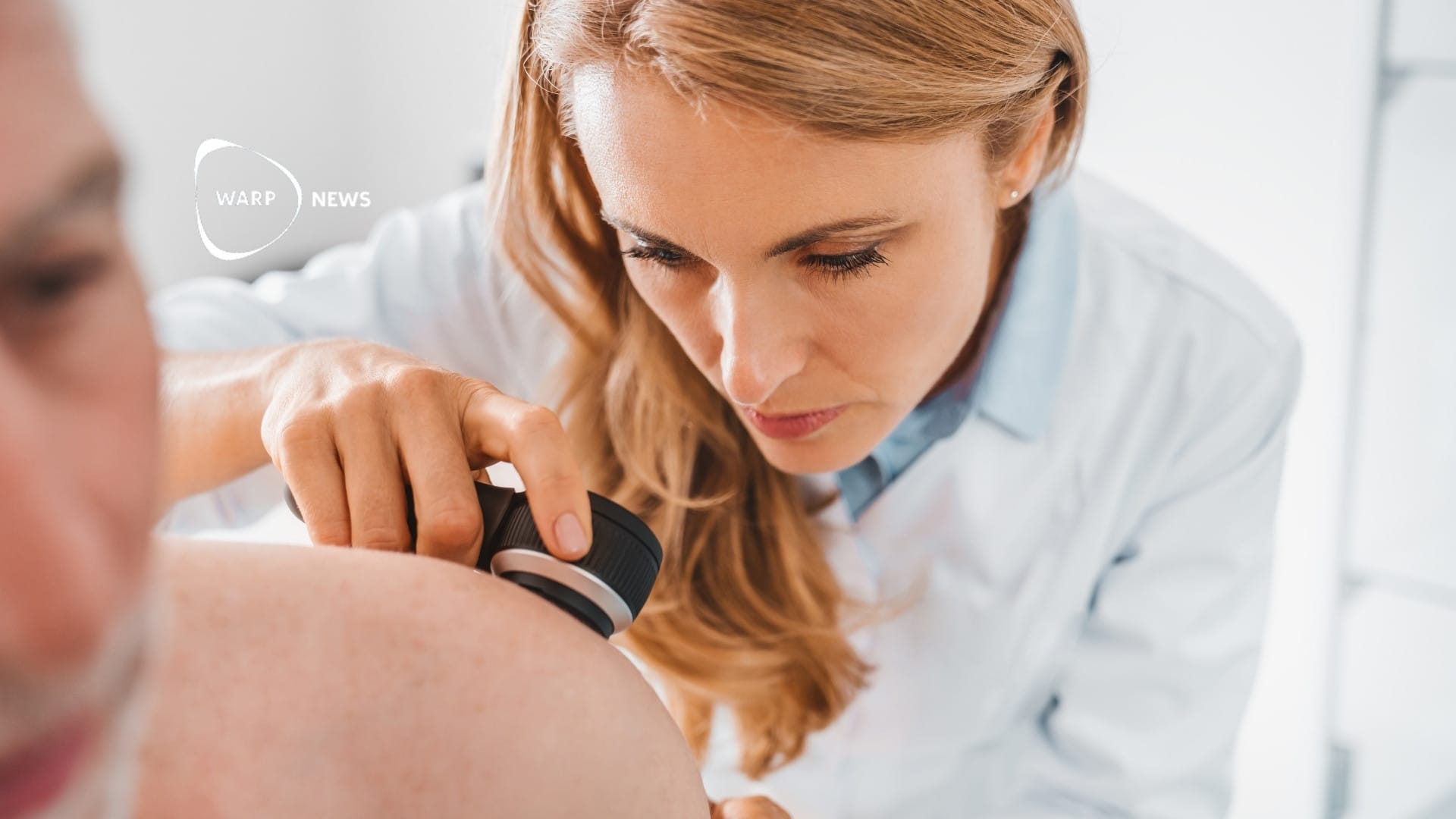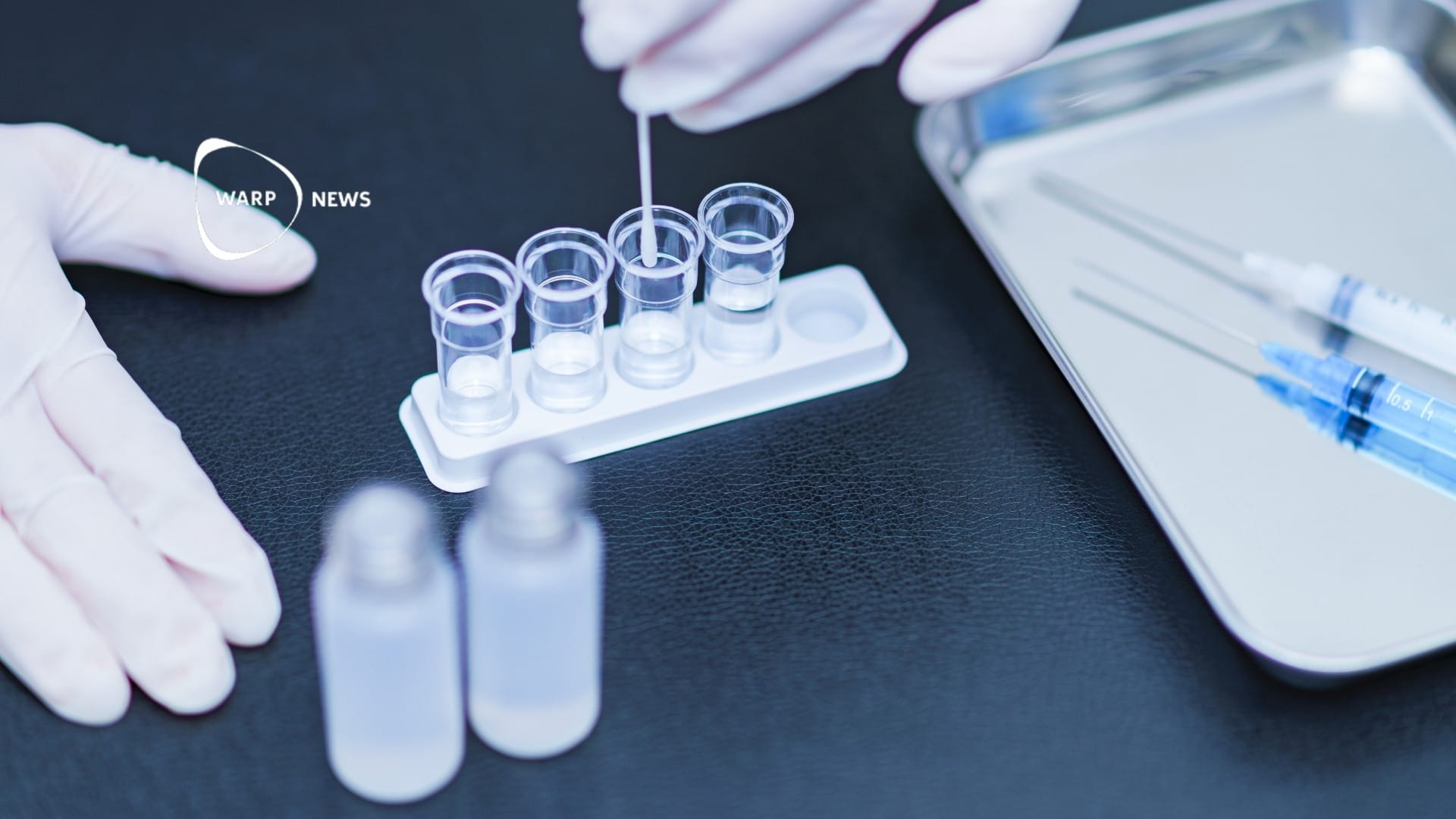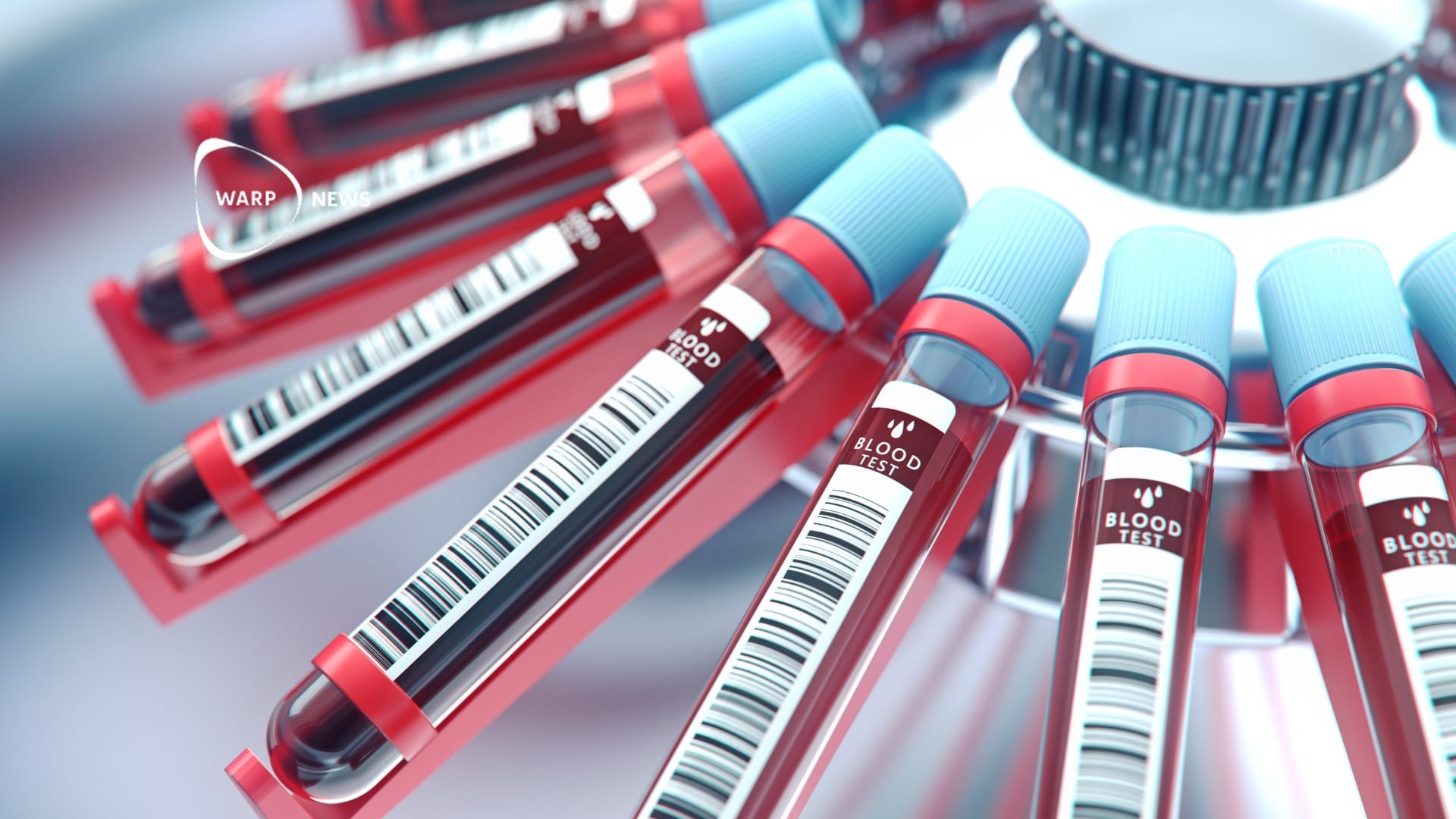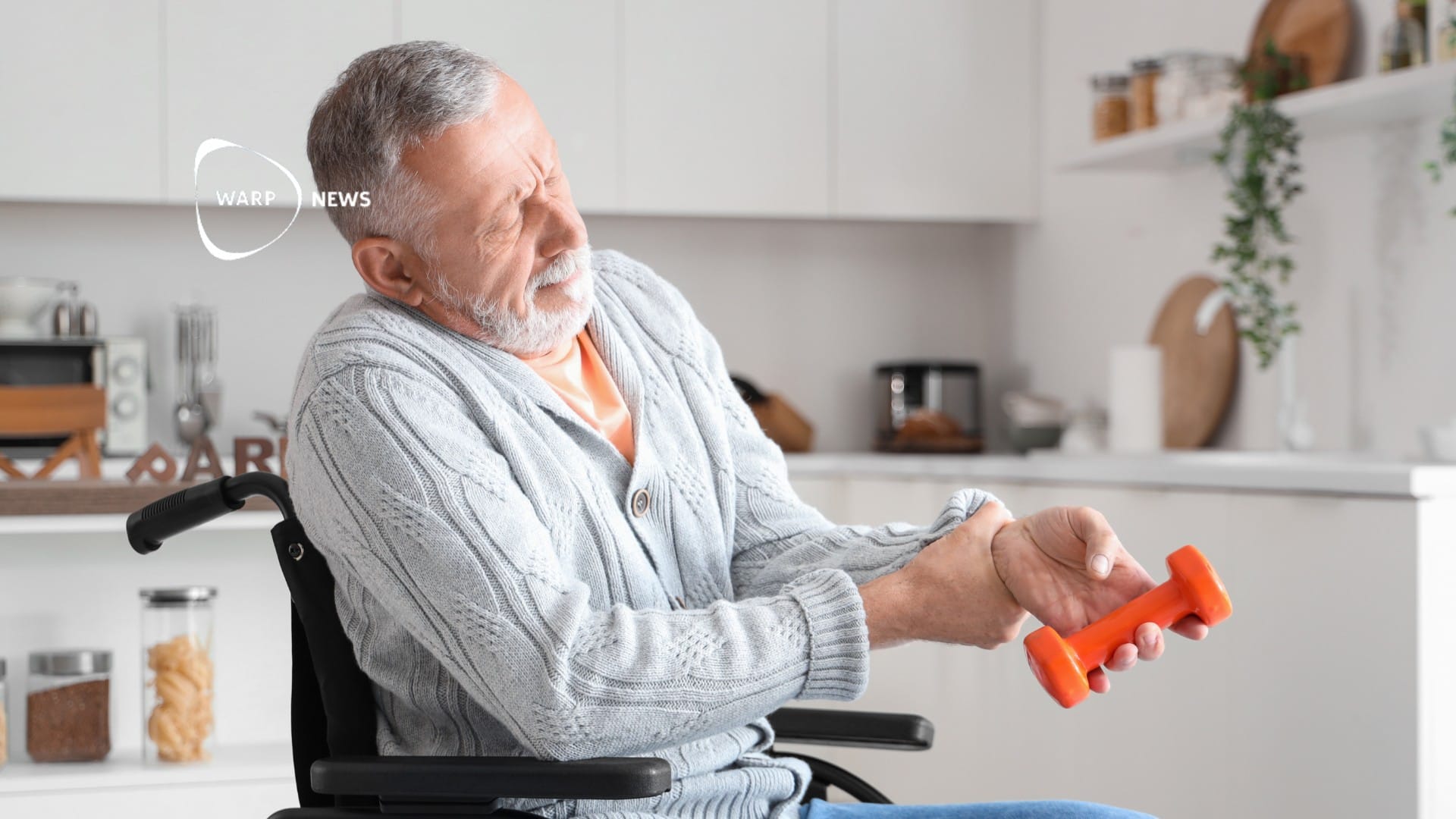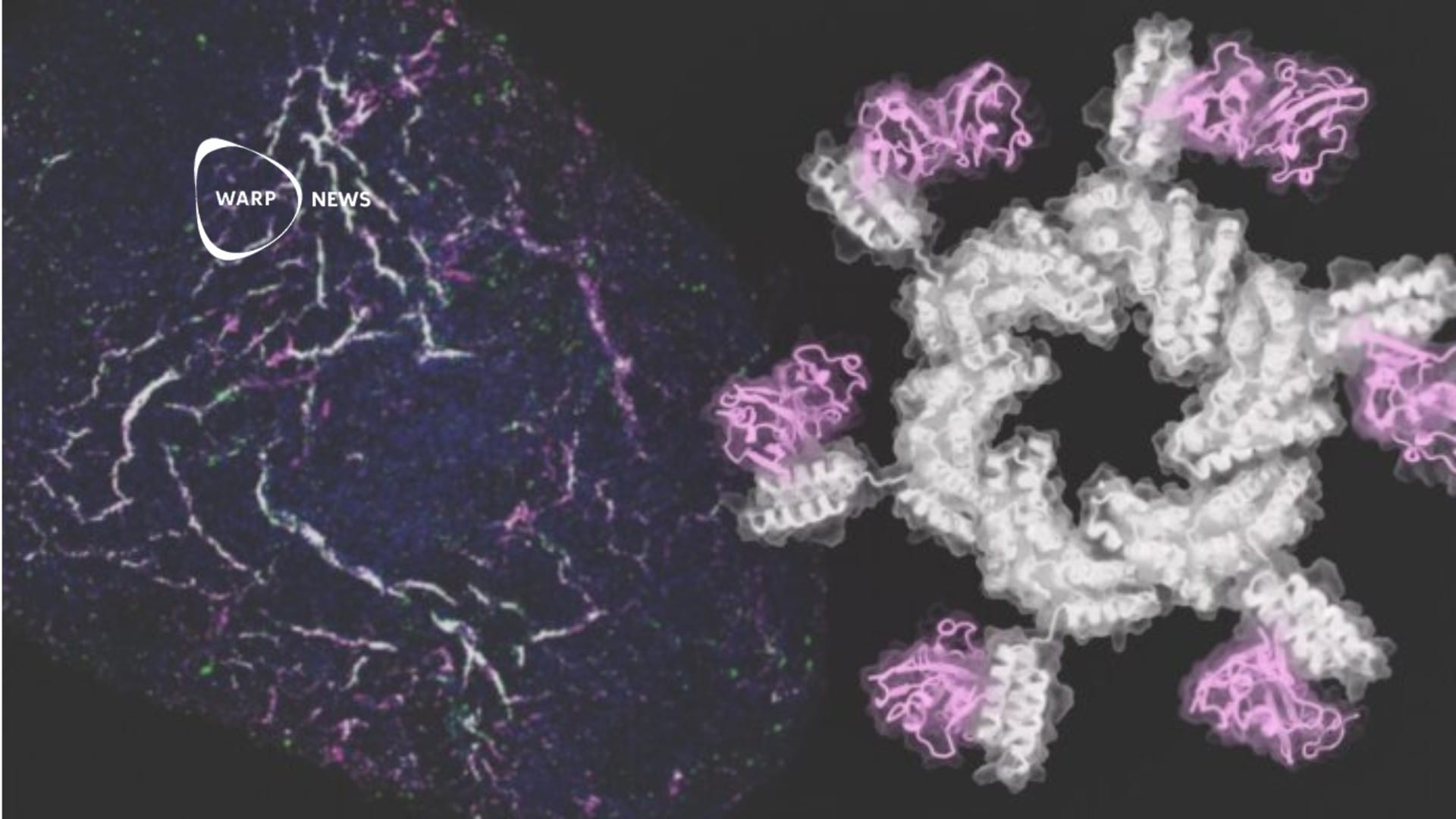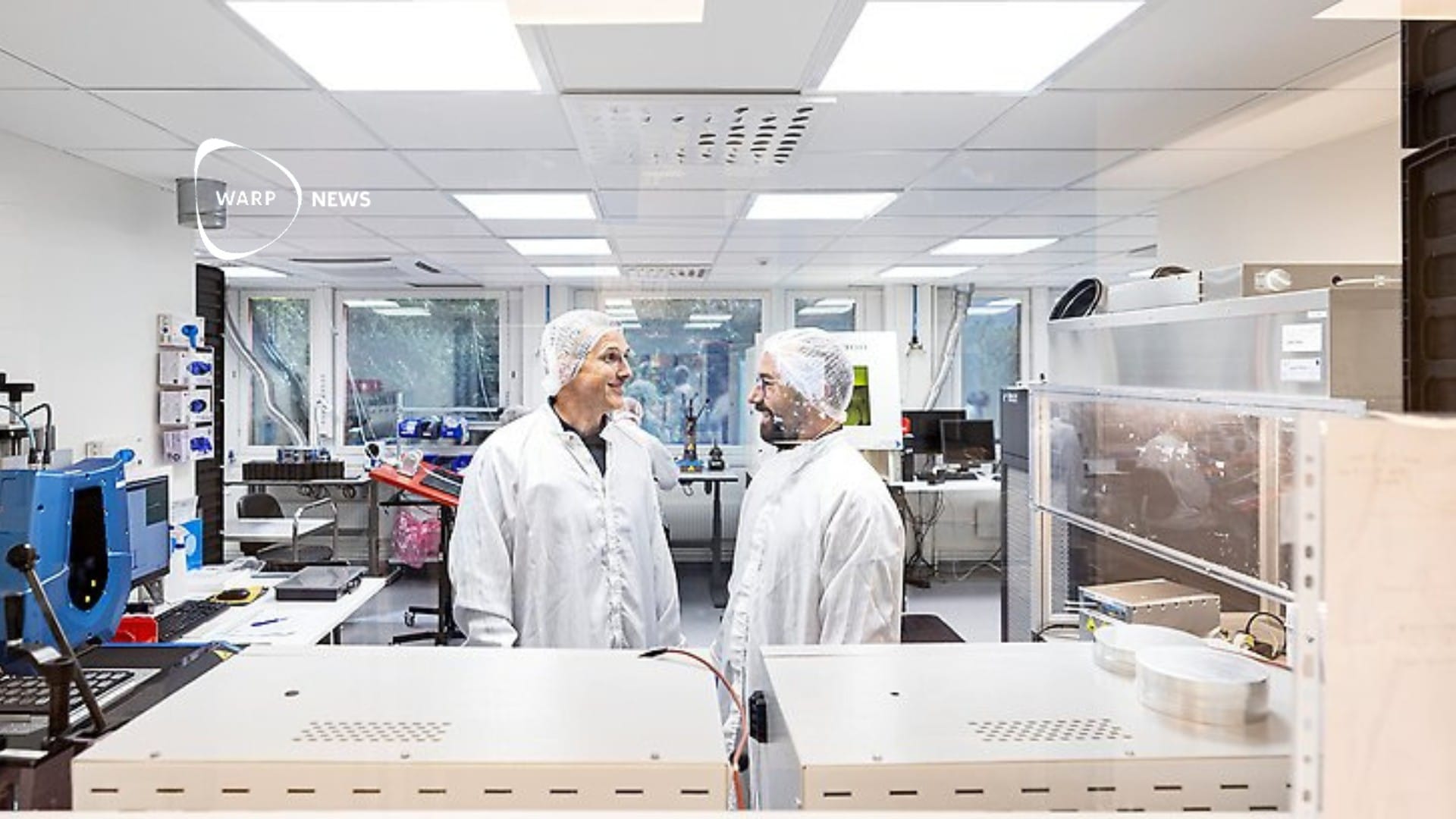❤️ Health Tech
Health Tech, or digital health, helps us understand and take control of our own health. But we also cover more traditional health news like medicines, vaccines and medical procedures.
🩸 Stem cells from one's own body can cure type 1 diabetes
A 25-year-old woman with type 1 diabetes began producing her own insulin after stem cell transplantation. The woman has been insulin-free for over a year and can now eat whatever she wants.
🧫 DARTS takes up the fight against antibiotic resistance
A major research project called DARTS has been launched to combat antibiotic resistance. Researchers are using new methods such as AI and microfluidics to find new antibiotics faster. Improved diagnostics can reduce unnecessary antibiotic use and slow down resistance development.
💉 New method can reduce diabetes medication dosing to once a month
French researchers have developed a system that can reduce the dosing of diabetes medication to once a month. The drug is particularly effective in managing type 2 diabetes and is available in both injectable and oral forms.
🎗️ Skin cancer decrease among younger people in Sweden, the first country in Europe
The risk of malignant melanoma is decreasing for people under 50 in Sweden since 2015. Improved awareness of sun protection and reduced access to tanning beds contribute to the decrease. Mortality from skin cancer has also decreased for age groups up to 59 years.
💉 World's first lung cancer vaccine being tested in clinical trials
Clinical trials of an mRNA vaccine against lung cancer have begun in seven countries. The vaccine is designed to treat non-small cell lung cancer, the most common form of the disease. Approximately 130 patients will participate in the study and receive the vaccine along with immunotherapy.
🩸 New blood testing technology becomes reality, despite the Theranos scandal
Companies develop working alternatives to traditional blood tests with large needles. Finger-prick methods can now be used for routine medical tests in Austin. New technology reduces discomfort and facilitates sample collection for patients. This time without fraud.
⚕️ New treatment for Parkinson's enters clinical trial
Researchers have developed a cell therapy that can replace lost dopamine-producing neurons. The treatment has shown promising results in studies on primates. Clinical trials on humans have now begun.
🦾 AI-designed proteins work in stem cell study
AI-designed proteins have successfully transformed stem cells into blood vessel cells. The proteins helped build regenerative tissues and worked in animal transplants. The technology can potentially be used to repair damaged tissue and treat diseases.
🧫 They win the $10 million Longitude Prize – combating superbugs
Swedish-Japenese Sysmex Astrego has won the Longitude Prize of $10 million for its rapid test of bacterial infections. The test reduces the time to determine the correct antibiotic from three days to less than 45 minutes, and can be used directly at the first doctor's visit.
